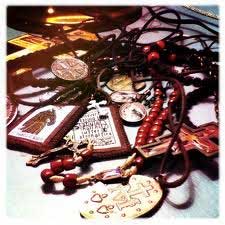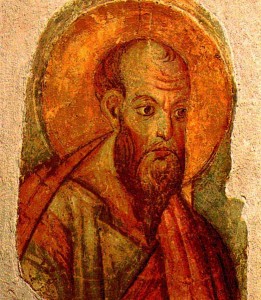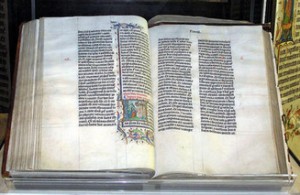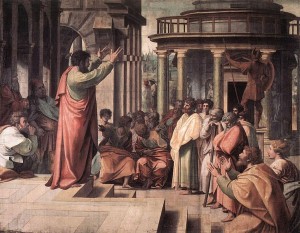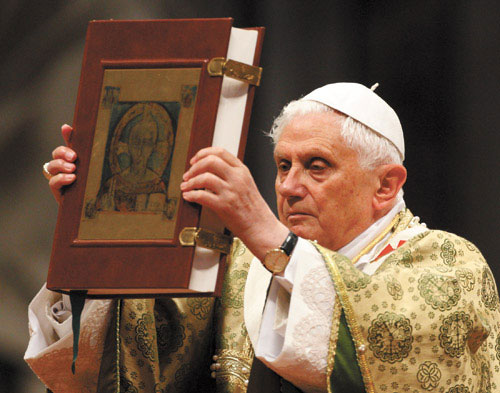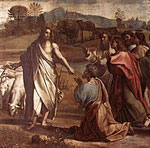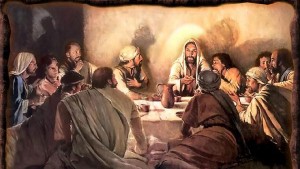Confession to Priests

Podcast: Play in new window | Download (Duration: 1:05 — 1,015.2KB) | Embed
Subscribe: Apple Podcasts | Spotify | Amazon Music | Android | Pandora | iHeartRadio | JioSaavn | Podchaser | Gaana | Podcast Index | Email | TuneIn | Deezer | Anghami | RSS | More
On this Faith Check let’s take a look at a common question: why confess your sins to a priest instead of straight to God?
First, Catholics are encouraged to privately confess our sins to God all the time and every single Mass begins with a penitential rite in which we do exactly this.
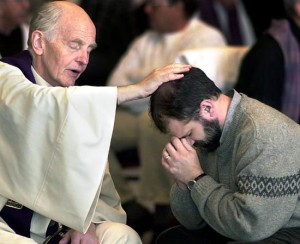 Still we should regularly go to the sacrament of confession or reconciliation. Remember that in the Old Testament a Hebrew was to publicly go to the temple and offer a sacrifice for his sin. In John 20, our Lord gives the apostles authority to forgive sins in his name, when He breathed the Holy Spirit on them and said “whose sins you forgive are forgiven them, and whose sins you retain are retained.” 1 In 2 Corinthians Paul also notes that the apostles are Christ’s ambassadors who have been given the ministry of reconciliation.2
Still we should regularly go to the sacrament of confession or reconciliation. Remember that in the Old Testament a Hebrew was to publicly go to the temple and offer a sacrifice for his sin. In John 20, our Lord gives the apostles authority to forgive sins in his name, when He breathed the Holy Spirit on them and said “whose sins you forgive are forgiven them, and whose sins you retain are retained.” 1 In 2 Corinthians Paul also notes that the apostles are Christ’s ambassadors who have been given the ministry of reconciliation.2
Early Christian records show that the early Church always understood this according to the Catholic view3:those who sinned gravely after baptism could be reconciled to the Church through confession to the priests, who do not stand as barriers to Christ, but as his ambassadors, who lovingly take us by the hand and restore us to grace after we have fallen.
1 – Jn. 20:23
2 – 5:18-20
3 – See Catholic Answers website on subject: http://www.catholic.com/library/Confession.asp


